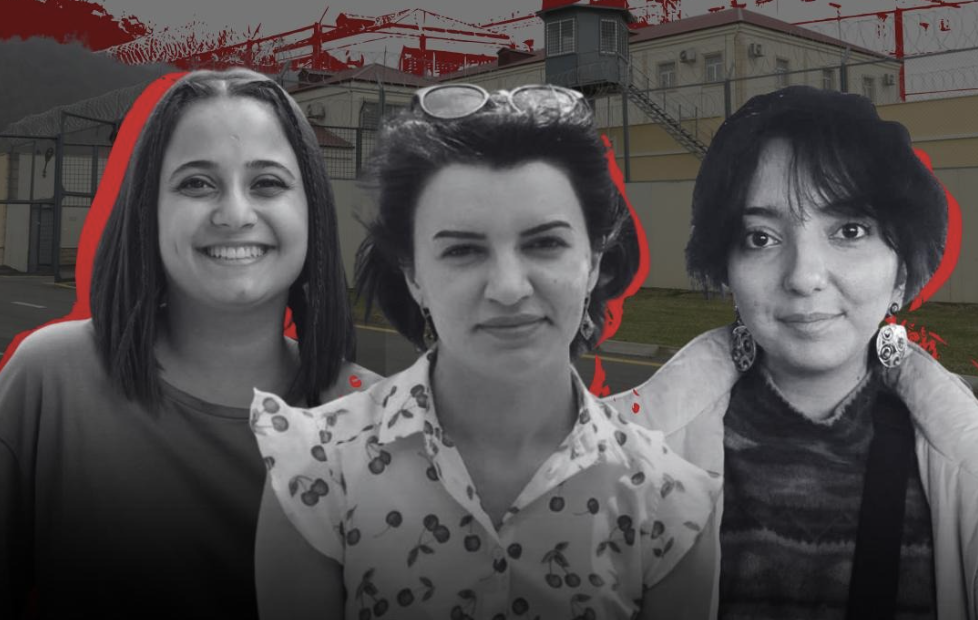Azerbaijan’s parliament has approved amendments that increase administrative penalties for non-governmental organizations (NGOs) operating with unregistered foreign funding sources.
According to APA, the amendments were passed during the July 8 session of the parliament and relate to laws governing NGOs as well as legislation on combating money laundering and the financing of terrorism.
Under the new rules, NGOs that provide services or carry out activities funded by foreign donors that are not registered in Azerbaijan, or accept financial or material support from such sources, will face administrative liability.
Specifically, the newly introduced Article 432-1 states that NGOs that fail to submit contracts involving foreign funding for registration within the legally defined timeframe will be fined. Responsible individuals may face penalties ranging from 1,500 to 2,500 manats, while legal entities could be fined between 5,000 and 7,000 manats.
Additionally, if services are provided or funds received under unregistered contracts, fines will increase: 2,500–5,000 manats for individuals and 8,000–15,000 manats for legal entities.
Political analyst Arastun Orujlu told Abzas Media that the new restrictions are aimed at increasing state control and effectively shutting down independent NGO activity.
“The NGO sector in Azerbaijan is being dismantled. There’s no other way to interpret this. These bureaucratic barriers are designed to make it impossible for any organization - even those close to the government - to function,” Orujlu said.
He argued that the government, wary of international backlash, avoids openly banning civil society groups. Instead, it enforces increasingly restrictive legislation to limit their operations.
“This level of control over every part of society will only deepen the governance crisis that already exists in Azerbaijan,” Orujlu warned.
“Every restriction creates conditions for illegal alternatives. And the government is taking on a burden it cannot manage. The question is: does it have the resources to enforce this? Personally, I don’t think so. From a state governance perspective, this is unsustainable. It leads to crisis.”
Orujlu also said the government is responding to rising domestic instability and regional tensions by intensifying repressive tactics.
“But even repressive systems have limits. You cannot control everything. That’s where the crisis begins and that crisis already exists. If this path continues, it will lead the Azerbaijani state toward collapse.”
He emphasized that NGOs are vital institutions in democratic societies, helping to shape public opinion, organize communities, and increase civic engagement.
“In countries like Norway and Sweden, up to one-third or even 40% of the workforce is employed in the NGO sector. That reflects a healthy political and social pluralism. NGOs are key to maintaining democracy. In authoritarian or totalitarian regimes, however, they are seen as obstacles, because they offer alternatives, share power, and create balance between the government and the people. That’s exactly why authoritarian governments reject them.”
Arastun Orujlu stated that the ongoing crackdown on civil society in Azerbaijan will further destabilize state institutions, and that ordinary citizens will be the ones to suffer most.
The new restrictions follow earlier moves by the Azerbaijani government to tighten control over civil society.
In 2014, a series of legal changes made it harder for NGOs to operate, especially those receiving foreign funding. Groups were required to register their grants with the government, and several activists and NGO leaders were jailed on charges widely seen as politically motivated.







